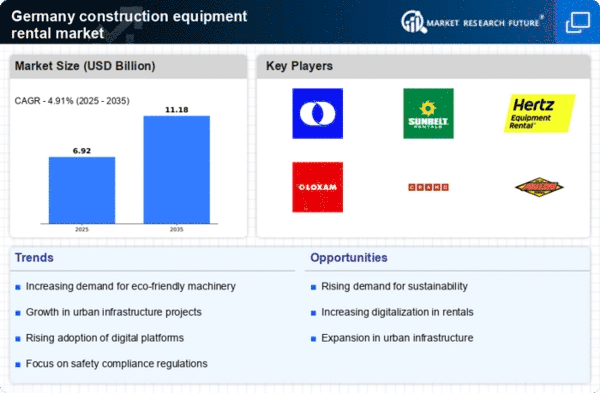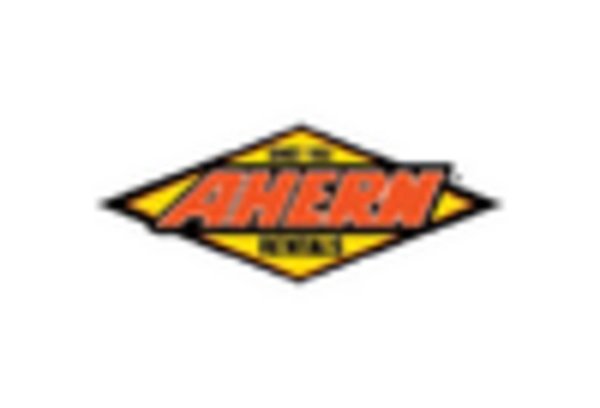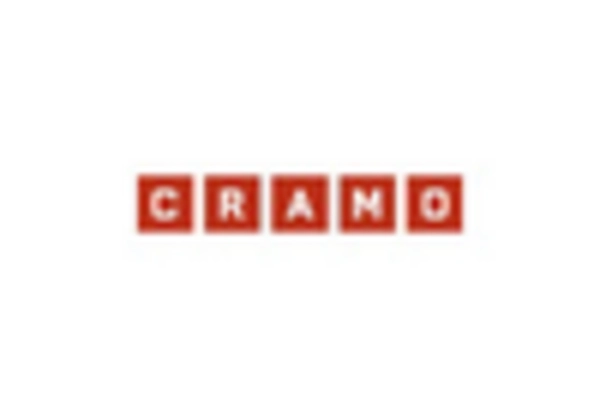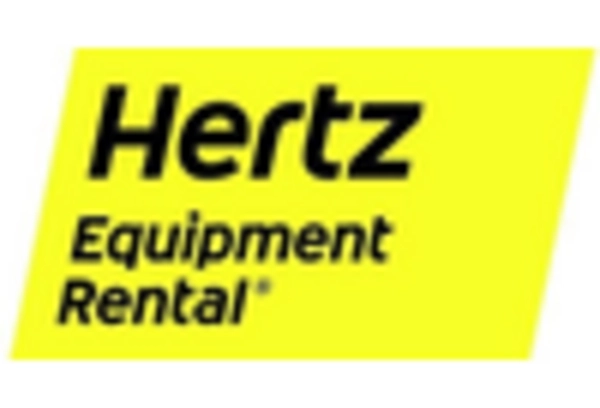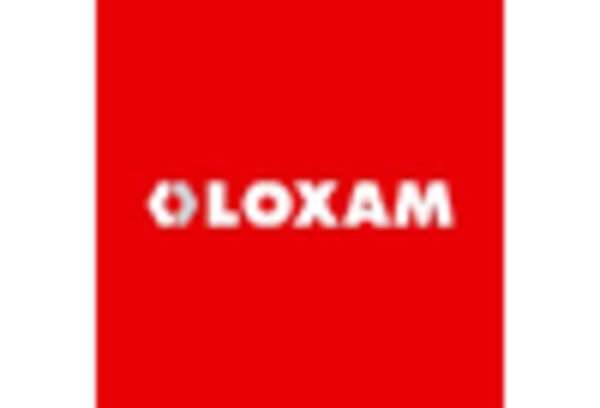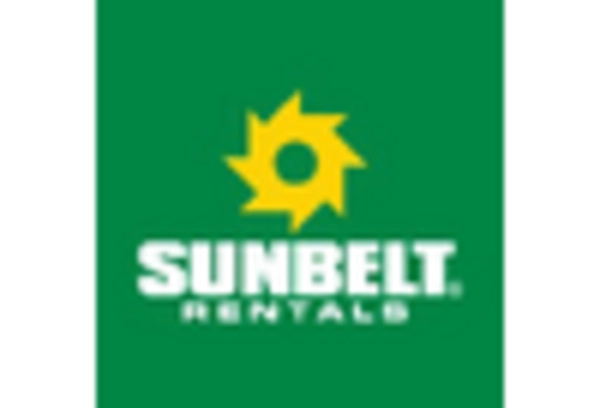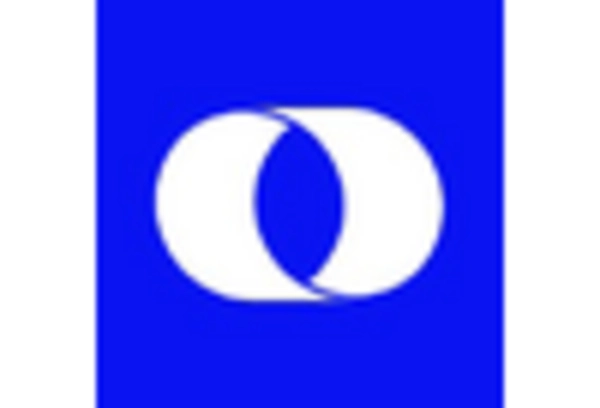Urbanization and Housing Demand
The rapid urbanization in Germany is a crucial driver for the construction equipment-rental market. As cities expand and the demand for housing increases, construction activities are intensifying. In 2025, it is estimated that urban housing projects will grow by 5%, necessitating a wide range of construction equipment. Rental services provide a practical solution for contractors who require diverse machinery for various projects without the long-term commitment of ownership. This trend indicates a growing reliance on rental services to meet the urgent needs of urban development. Consequently, the construction equipment-rental market is likely to thrive as it aligns with the ongoing urbanization trends.
Infrastructure Development Surge
The ongoing surge in infrastructure development in Germany is a pivotal driver for the construction equipment-rental market. With the government investing heavily in transportation networks, energy projects, and urban development, the demand for rental equipment is expected to rise. In 2025, the construction sector is projected to grow by approximately 3.5%, leading to increased utilization of rental services. This trend is further supported by the need for specialized machinery that rental companies can provide without the burden of ownership costs. As projects become more complex, contractors are likely to prefer renting over purchasing, thus bolstering the market. The construction equipment-rental market stands to benefit significantly from these developments, as companies seek flexibility and efficiency in their operations.
Shift Towards Flexible Financing
The shift towards flexible financing options is transforming the construction equipment-rental market. As companies face fluctuating project demands, the need for adaptable financial solutions becomes paramount. Rental agreements that allow for short-term commitments or pay-per-use models are increasingly appealing. In 2025, it is estimated that around 40% of construction firms in Germany will opt for rental solutions over outright purchases, driven by the desire to manage cash flow more effectively. This trend indicates a growing acceptance of rental services as a viable alternative to traditional ownership, allowing firms to allocate resources more efficiently. Consequently, the construction equipment-rental market is likely to expand as businesses embrace these flexible financing options.
Technological Advancements in Equipment
Technological advancements in construction equipment are significantly influencing the rental market. Innovations such as telematics, automation, and advanced safety features are making modern machinery more efficient and appealing to contractors. In 2025, it is projected that the adoption of smart equipment will increase by 25%, prompting rental companies to upgrade their fleets. This trend not only enhances operational efficiency but also reduces downtime, making rental options more attractive. As contractors seek to leverage the latest technologies without the high costs of ownership, the construction equipment-rental market is poised for growth. The integration of technology into rental services may also lead to improved customer experiences and operational transparency.
Environmental Regulations and Compliance
Increasing environmental regulations in Germany are driving demand for rental services in the construction equipment-rental market. Stricter emissions standards and sustainability mandates compel construction firms to utilize equipment that meets these requirements. In 2025, it is anticipated that compliance costs will rise by 15%, prompting companies to consider rental options that offer access to newer, compliant machinery. This shift not only helps firms adhere to regulations but also reduces their environmental footprint. As the construction industry adapts to these changes, the rental market is likely to see a surge in demand for eco-friendly equipment, positioning rental companies as key players in promoting sustainable practices.


